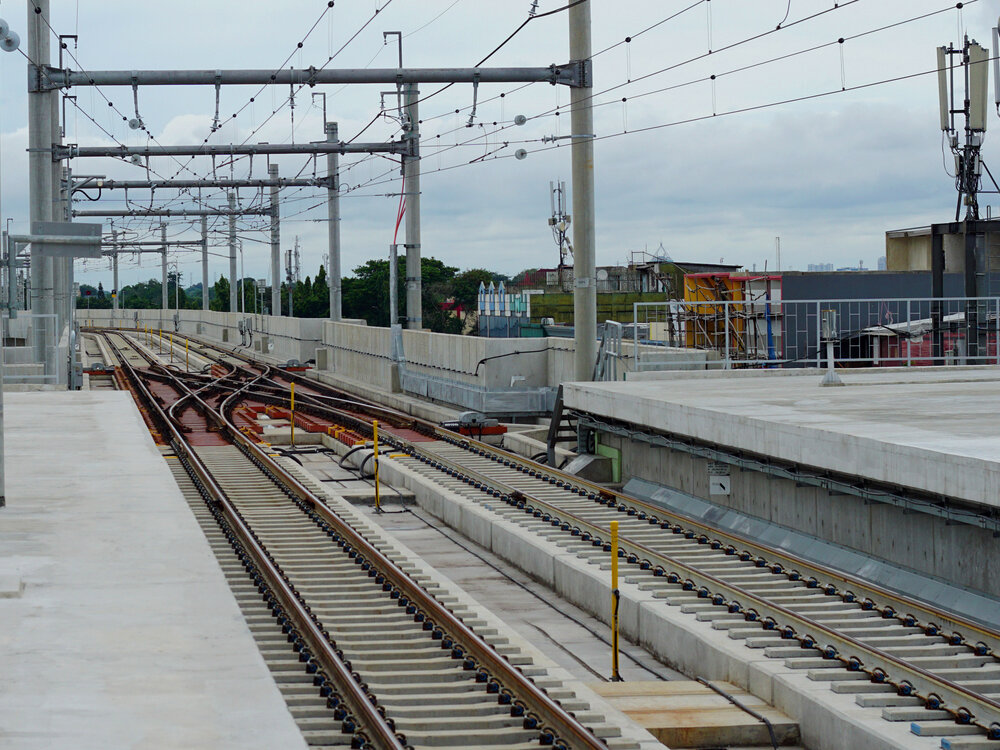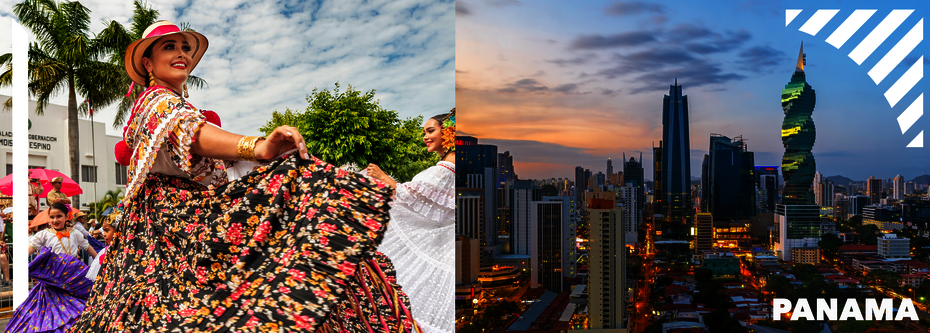Panama became a non-founding regional CABEI member in 2007. At the close of 2020, it had a shareholding of 4.84% and US$ 64.00 million in capital contributions.
Its subscribed capital is US$ 358.40 million. Between 2016-2020, Bank approvals to the country reached the US$ 1.8 billion, while disbursements for that same period totaled US$ 1.7 billion. Specifically in 2020, CABEI channeled approvals amounting to US$ 400.0 million and disbursements totaling US$ 738.0 million to meet the population’s needs stemming from the COVID-19 emergency and to support economic recovery.
To promote the integration of public transportation systems in the West Panama province, CABEI and Korea approve US$600 thousand

A roadmap will be developed to integrate Metro Line 3 with a modernized bus system with greater service capacities for the benefit of the population.
Panama City, August 9th, 2022.- In order to improve people's mobility by restructuring the public transportation system in the districts of Arraiján and La Chorrera in the West Panama province, the Central American Bank for Economic Integration (CABEI) and the Republic of Korea announced the approval of technical cooperation in the amount of $600,000 from the Korea-CABEI Partnership Single Donor Trust Fund (KTF).
With the development of the technical studies derived from this cooperation, it is expected that Metro de Panamá S.A. be provided with an analysis of the public transportation system, an estimate of the supply and demand of passenger transportation in the Metro Line 3 area of influence, as well as the design of the Integrated Public Transportation Network, including the technology to be used.
CABEI's Executive President, Dr. Dante Mossi commented, "With this cooperation we seek to support increased overall mobility of the population, provide a comprehensive vision for the development of an integrated public transportation system and a roadmap for its implementation, which includes Metro Line 3 as the backbone complemented by a modernized bus system with greater service capacities."
A review of legal frameworks, policies and regulations will be conducted, as well as a financial and economic analysis to determine the feasibility of restructuring the public bus transportation system according to demand, operation and maintenance scenarios.
Finally, and with the purpose of sharing best practices and lessons learned related to the restructuring and integration of transportation systems, the Seoul Metropolitan Government, Korea will develop training activities with key officials of Metro de Panamá S.A.




![[Translate to English:] [Translate to English:]](/fileadmin/_processed_/1/3/csm_Panama1_2a9046d425.png)
